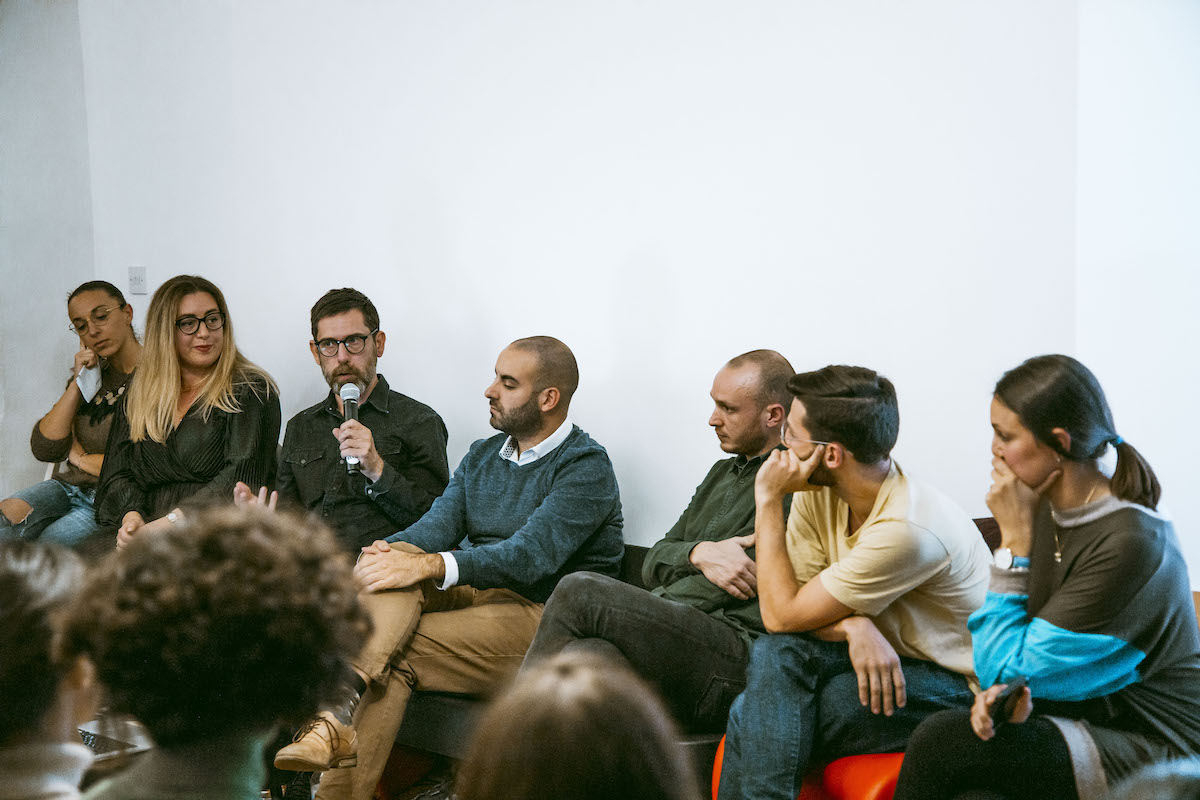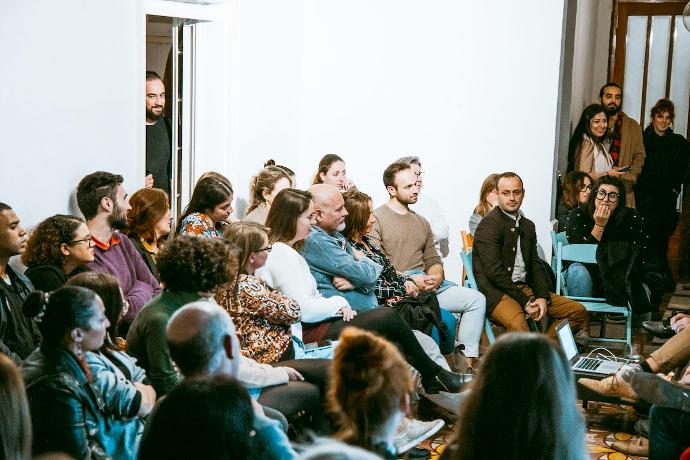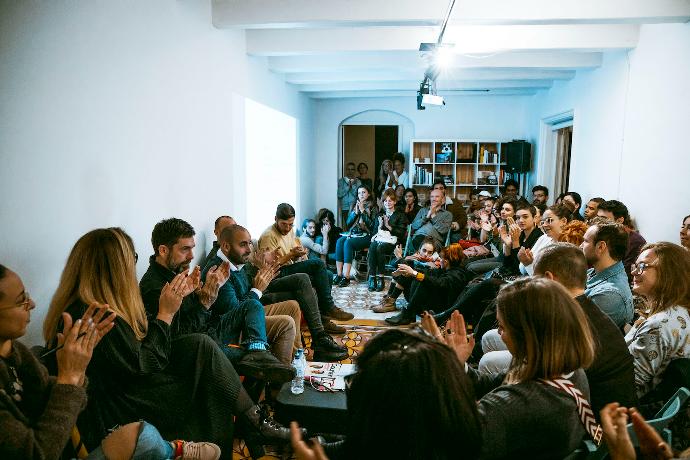Last November, we were invited to a discussion organised by the Malta Creative Collective at Blitz in Valletta. This time the subject was: Know your value.
It was undeniable that during our regular meet-ups, many creatives discussed the lack of structure during negotiations between client and artist. This creates an environment full of grey areas that make it hard for the creatives to maximise the value of their work. In this blog post, I want to go over 3 of the key points we adopt in our decision making as an art studio. (and I’m not saying go out there and start demanding more right now. But go out there, build networks, do whatever you need to do, but know the worth you bring to the table.)
When we submit a proposal, we know we’re not going to be competitive in price and the list of terms & conditions that define the framework we want to operate in usually scares clients off. We’re also confident that what we’re asking for is not outrageous. We want to make sure everything is clear from the beginning, and we try to eliminate all the grey areas as from experience these are the issues that haunt you later.

Legal
Definition: allowed or required by law
Knowing your rights is vital in the creative world. Copyrights, trademarks and intellectual property rights give us a legal framework to understand the value of the work we’re producing.
You need to know at least the basics of how your work will be used, who retains ownership, and if the client expects some exclusivity. Whether you want to face it straight away or later on, issues will arise if things are not clear.
Imagine a photographer is engaged in taking a photo for a front cover of a magazine. The quote is €1000. The client accepts as they know that the magazine can afford the fee from the money generated from the adverts.
A couple of weeks later, the same photo is used to promote the new edition of the magazine. The picture is bringing in more value to the client, but the photographer is not taking anything out of that new value.This is wrong. Make sure you have a contract to protect you, and if the client sees more value in using your photo, they need to speak to you, and now you at least have the option to decide.
I suggest you speak to a lawyer to help you understand your rights and the best practices you should start using. Luckily we have Jeanine Rizzo helping us with our needs. 🙂
Economics
Definition: the study of how a society organises its money, trade and industry
When offering a service, you need to understand and plug-in to the market. Demand, supply, expenses, price and taxes all play a huge role in understanding your value.
No one likes receiving a huge tax bill to pay or undercharge a project where expenses skyrocketed, and you had to pay them out of your pocket. When you start adding up everything you might have overlooked, you can easy realised you’ve been undercharging.
Spending 5 hours sorting out your VAT and Income Tax might not be job-specific expenses, but they should feature when working out your hourly rate. Legal advice and time commuting are another two expenses easily overlooked.
Opportunity Cost
Definition: The fact that when you choose one option, you lose the potential benefits of the other options
I first heard about this word during my first class of Economics. It took me a couple of years to truly understand and process what it really meant. Now I apply it in almost everything we do. Every time we decide to work on a project, we automatically don’t have the time to work on another project of the same scale.We don’t take the opportunity to work on our own collections, products and retail space lightly so when we establish what kind of projects we want to explore and the value that they need we have to factor in the benefits we might lose.
All of us at one point we’re asked to do a job in return for exposure, and one can argue that this can be a good way to get started but its very important to ask, what’s the opportunity cost?
What if I use my time to collaborate with other creatives instead of working for free for a client? What benefits can I get out of it?
What if I sort out my Facebook page, so I have my audience?
What if I explore other avenues that can generate value for me rather than just what I currently do?
Asking these type of questions are essential as they will give you a sense of perspective when understanding your value.
I hope you found these key points useful and let me know if you have more recommendations that you abide by 🙂
Written by Andrew Farrugia
All images courtesy of Maria Galea

